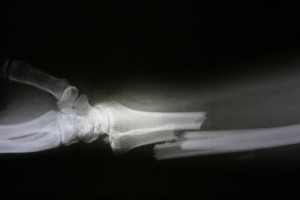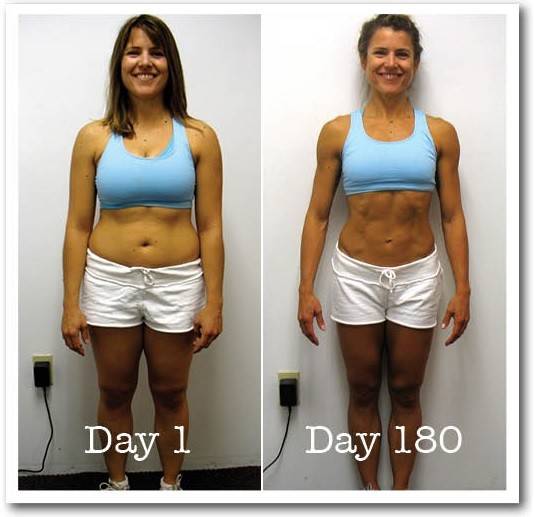Emotional Eating Help—How NOT to Eat Your Feelings: Identify the Cause
If you are an emotional eater, you are not alone. Emotional eating is one of the major causes of overeating for women and one of the biggest reasons for weight regain. If you are seeing to avoid emotional eating, you’ve probably already figured out that willpower alone isn’t enough. To effectively stop overeating, it’s important to have a plan for what to do instead of eating or turning to food.
The first step you can take to prevent emotional eating is ditch self blame and guilt and start addressing your eating with compassion and respect. Even though you are using food in a way that you don’t want to, you are eating the way that you do for a reason. Understanding the root cause of your overeating or emotional eating is the first step towards taking effective control. Getting to the root cause of your emotional eating is also critical if you want to make changes or create weight loss that lasts. If you don’t address the reasons or the motivations for eating, any weight loss technique you use will be like applying a bandage without treating the injury. If you don’t address what drives your hunger and your urges, they are almost guaranteed to come back.
Before you can effectively decide what to do instead of eating, you need to understand why you are eating in the first place. What triggers your cravings, your emotional eating episodes, your binges, or the times when you feel out of control with food?
Common triggers for emotional eating:
• Stress and anxiety or worry
• Boredom
• Frustration, anger, or feelings of helplessness
• Loneliness or disappointment
• Confusion
• Overload or feeling overwhelmed
To zone in on your emotional eating triggers (both the feelings and the situations), here are some questions that you can ask yourself. These questions are effective to ask either before or after an overeating episode happens:
• What do you know about why you overate? Too often we get stuck by focusing on what we don’t know.
• What were you feeling and what was happening before the eating happened or the craving started?
• What was different about this time period and yesterday (or a time when you didn’t feel tempted by food or by cravings)? In other words, what do you know about why this happened when it did and not two hours earlier or four hours later?
Don’t worry if the answers don’t flow right away. Getting into the habit of asking these questions will train you to start looking for the answers. Identifying the feelings and situations that trigger emotional eating allows you to start addressing these areas directly and will help you start to take control of emotional overeating.
-
Safe Grains for a Gluten Free Diet
If you are on a gluten free diet and enjoy cooking, here are some h
-
Speed Up Your Metabolism Seven Days Brings Success
I recently was prompted to publish an article dealing with health rela
-
The Simple Things That Can Help You Lose Weight
Losing weight doesnt have to be complica
-
Weight Loss Supplements: Should You Use Them?
It is in our nature to find easier ways to do things and when it co
-
Are You Creating or Affirming Your Ideal Weight?
There are a lot of books out they tell you
-
Want to Lose Fat? Count Your Hormones, Not Your Calories (Part 3)
In part one and part two of this blog series, I explained that
- DON'T MISS
- Conquer Food Cravings
- Higher Metabolism Equals Faster Weight Loss
- Order Phentermine Online, Buy Cheap Adipex Prescription Online
- Remembering The Titanic Top Ten Weight Loss Mistakes Others Make But We Can Avoid
- Emotional Eating Disorder: Causes, Treatment As Well As Symptoms
- Use These Tips To Get The Awesome Body You’ve Been Waiting For
- Top Five Worst Exercises To Lose Weight Fast
- Two-a-Day Workouts Might Be the Key to Losing Those Last 5 Pounds
- 7 Proven Ways To Lose Weight Fast
- Getting Bikini Ready for Honeymoon




